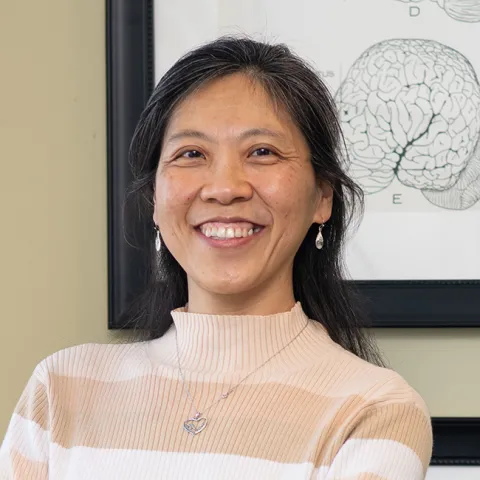Developing New Therapeutic Interventions for Chronic Pain
Chronic pain affects more than 100 million Americans per year, resulting in extraordinary personal and societal costs in diminished quality of life, lost productivity, and health care consumption. For many of these patients, available treatments are inadequate, creating a dire need for the development of more effective treatments. The transition from acute to chronic pain is driven by changes in the processing of sensory information in both the peripheral and central nervous system, a form of maladaptive plasticity that can be considered a separate disease entity in its own right.
Research programs at UNE COM on the neurobiology of pain use molecular, physiological, pharmacological, and behavioral approaches to understand the mechanisms that underlie the development of chronic pain and to develop new therapeutic interventions.
Faculty and Professional Staff








